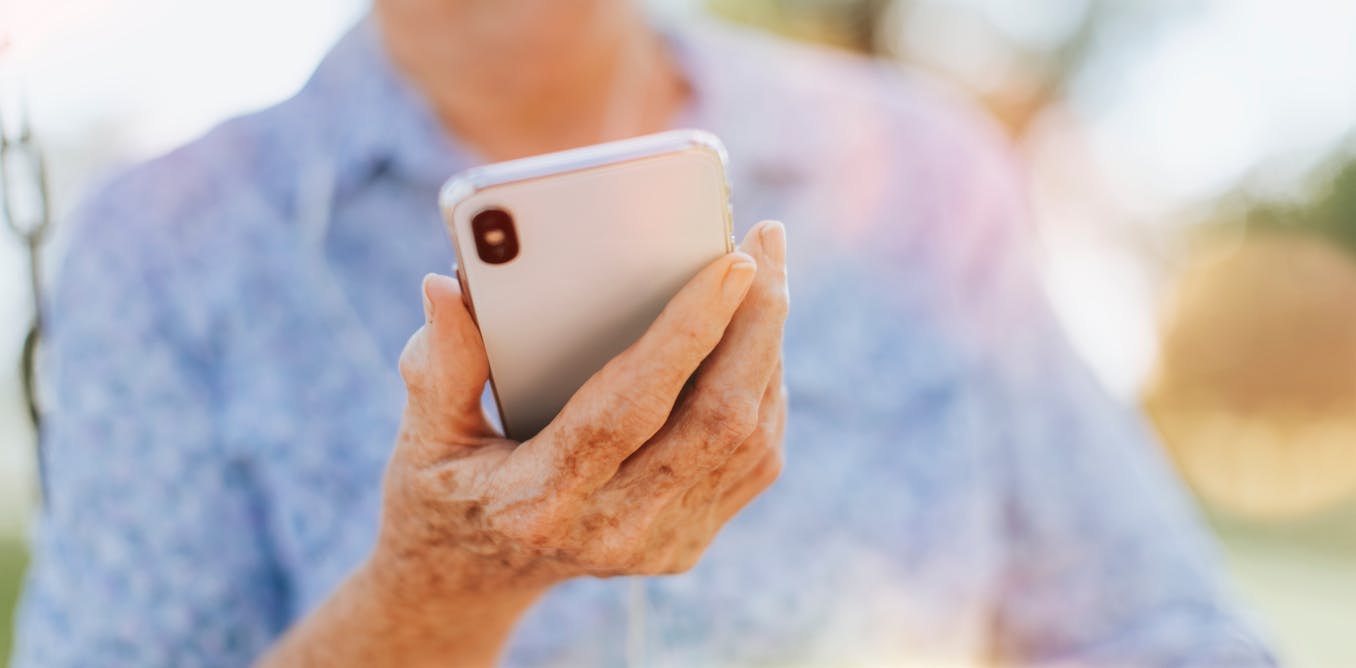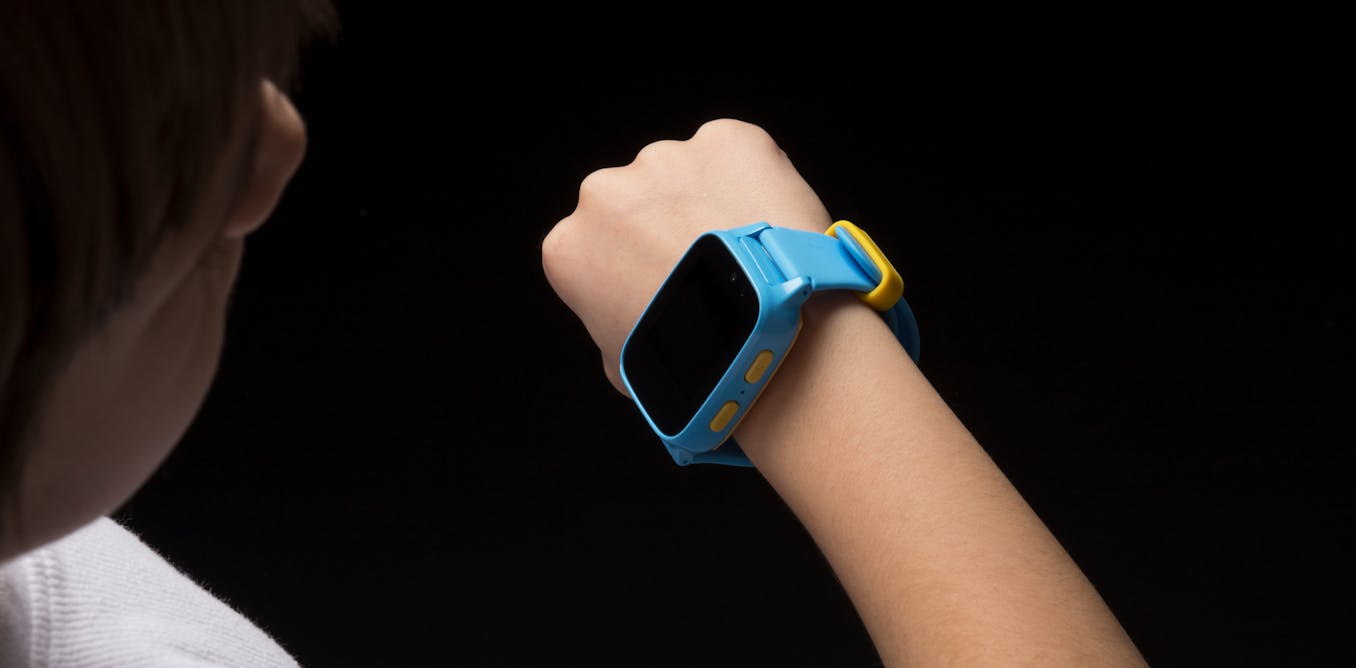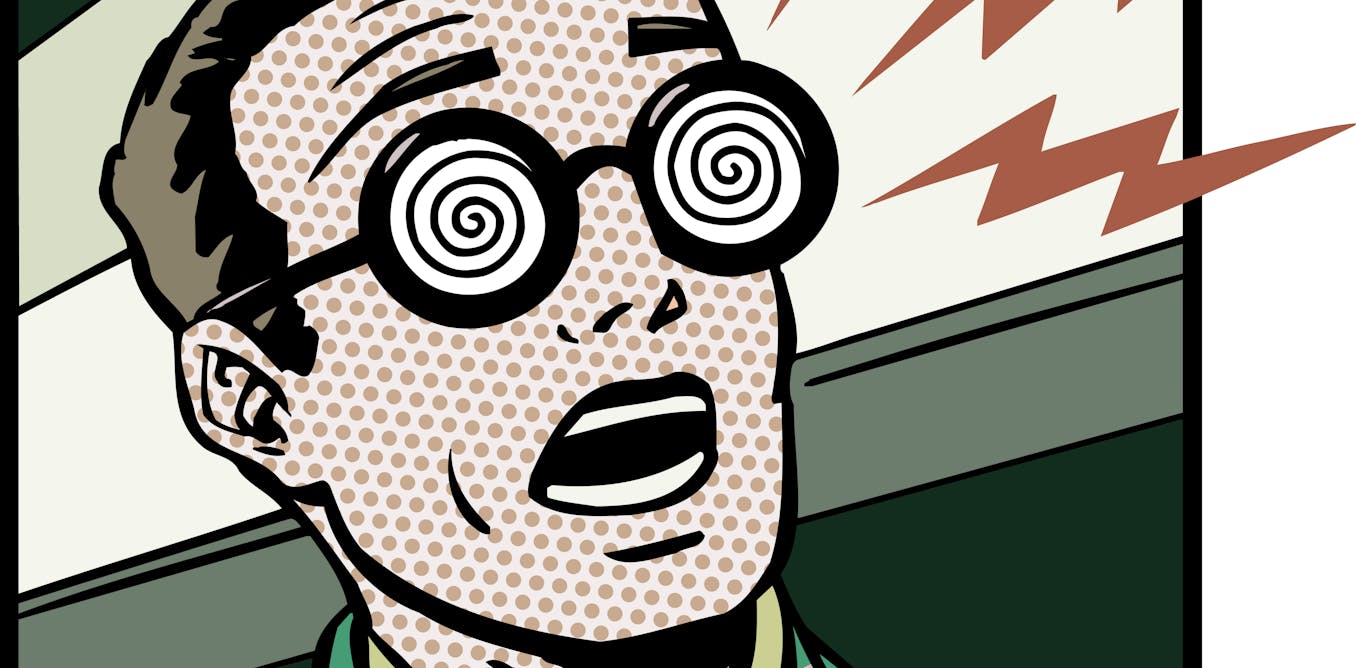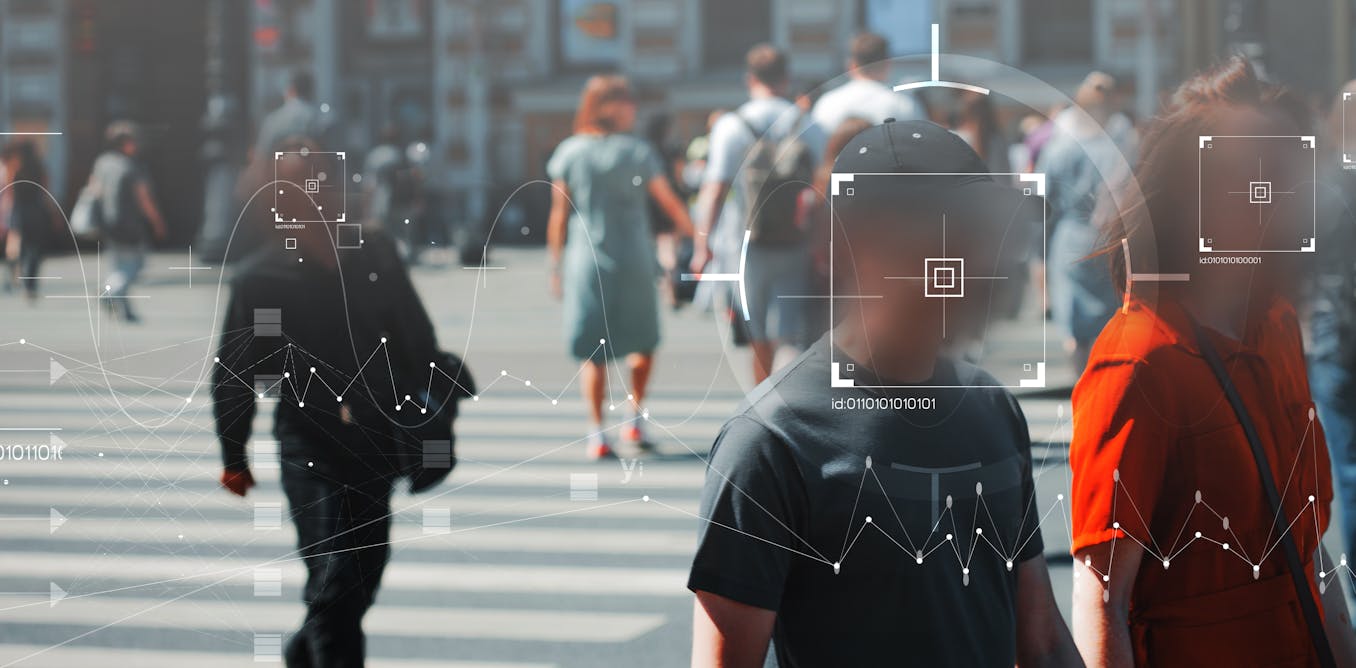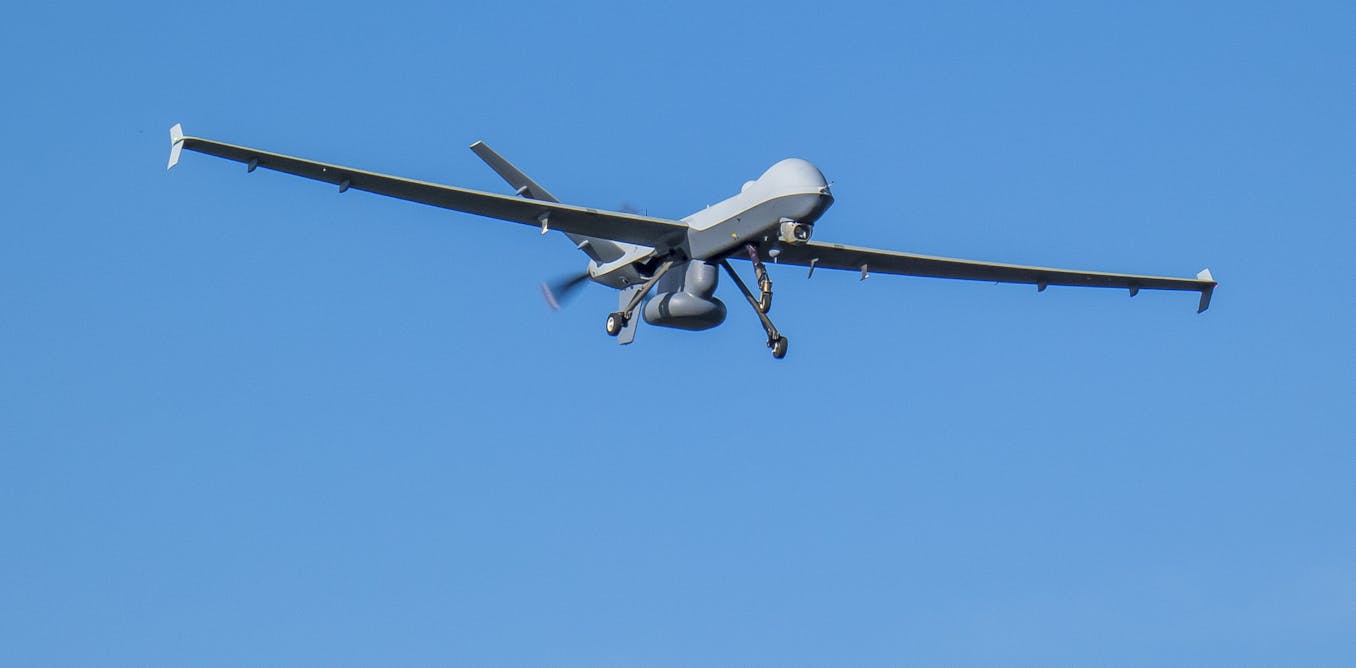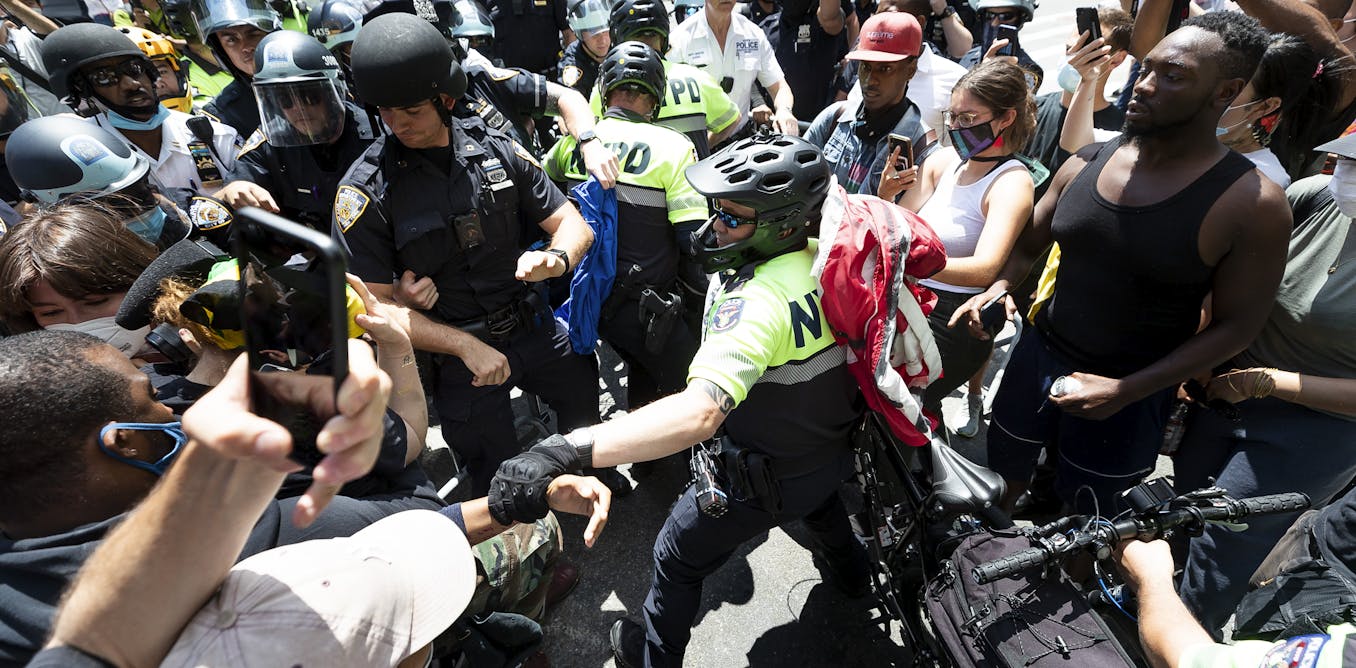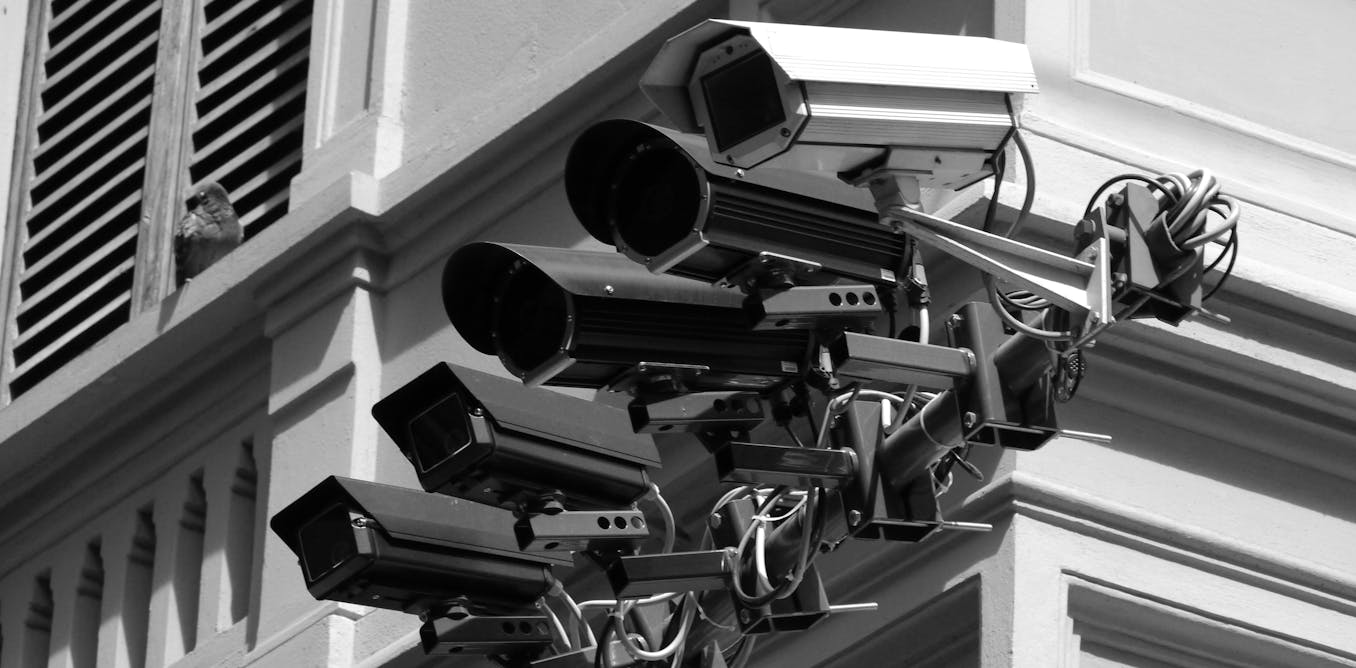Fast computers, 5G networks and radar that passes through walls are bringing 'X-ray vision' closer to reality
The murky blobs visible with today's wall-penetrating radar could soon give way to detailed images of people and things on the other side of a wall – and even measure people's breathing and heart rate.
May 25, 2021 • ~9 min
'AI' is being used to profile people from their head vibrations – but is there enough evidence to support it?
Police, private security and sporting events are turning to a growing but largely unregulated industry that claims its technology can detect suspicious individuals.
May 24, 2021 • ~9 min
How law enforcement is using technology to track down people who attacked the US Capitol building
Facial recognition, social media and location tracking give law enforcement a leg up in a monumental investigation.
Jan. 20, 2021 • ~9 min
How to hide from a drone – the subtle art of 'ghosting' in the age of surveillance
Avoiding drones' prying eyes can be as complicated as donning a high-tech hoodie and as simple as ducking under a tree.
July 28, 2020 • ~7 min
Police surveillance of Black Lives Matter shows the danger technology poses to democracy
The massive increase in internet-connected devices will create an informal surveillance network that could be used to target protestors and activists.
July 24, 2020 • ~6 min
High-tech surveillance amplifies police bias and overreach
Police forces across the country now have access to surveillance technologies that were recently available only to national intelligence services. The digitization of bias and abuse of power followed.
June 12, 2020 • ~9 min
Digital surveillance can help bring the coronavirus pandemic under control – but also threatens privacy
Cellphone data can show who coronavirus patients interacted with, which can help isolate infected people before they feel ill. But how digital contact tracing is implemented matters.
April 9, 2020 • ~9 min
/
4

